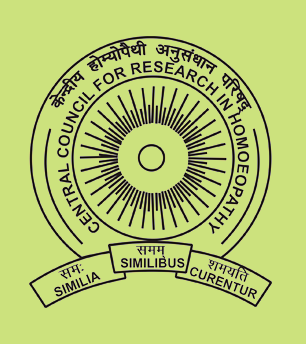Indian Journal of Research in Homoeopathy
Keywords
Albino rats, Analgesic activity, Behavioural effect, Homoeopathic medicine, Lycopodium clavatum
Article Type
Original Article
Abstract
Background and Aim: In Homoeopathy, the drug Lycopodium clavatum is prescribed for digestive upset, inflammations of urinary organs and dermal problems, but not for the treatment of central nervous system disorders unlike its use in traditional and folk medicine for central nervous system conditions. The present study was, therefore, undertaken with an aim to explore the possible analgesic and behavioural activities of the homoeopathic formulations of Lycopodium clavatum in animal models. Material and Methods: Wistar albino rats (120-140 g) of either sex were used to evaluate analgesic effect by using hot plate, ice plate and Randall-Selitto tests and behavioural effect by using rota rod and open field tests. The rats were fed with different potencies (3X, 6X, 12X and 30C) of Lycopodium clavatum i.e., 0.5 ml /rat/day for 30 days and response of drug was measured after 30 minutes of drug administration on 10 th , 20 th and 30 th day. Vehicle and saline-treated rats were tested simultaneously along with drug-treated animals for comparison. Results: The study revealed that all the four potencies of Lycopodium clavatum had increased the latency time required to raise and to lick the fore or hind paw for thermal sensation and had also increased the quantum of threshold pressure to mechanical induced pain but depressed the motor coordination and locomotor activity. Conclusion: This study suggests that the homoeopathic formulations (3X, 6X, 12X and 30C) of Lycopodium clavatum possess central nervous system (CNS) depressant activity. So the drug Lycopodium clavatum can be taken up for further research for its possible human use.
Digital Object Identifier
10.4103/0974-7168.123391
Publisher
Wolters Kluwer India Pvt. Ltd.
How to cite this article
Sundaram E, Singh K, Reddy P, et al. Preliminary study to evaluate analgesic and behavioural effects of Lycopodium clavatum in experimental animals. Indian J Res Homoeopathy 2013;7:168-175. doi: 10.4103/0974-7168.123391



